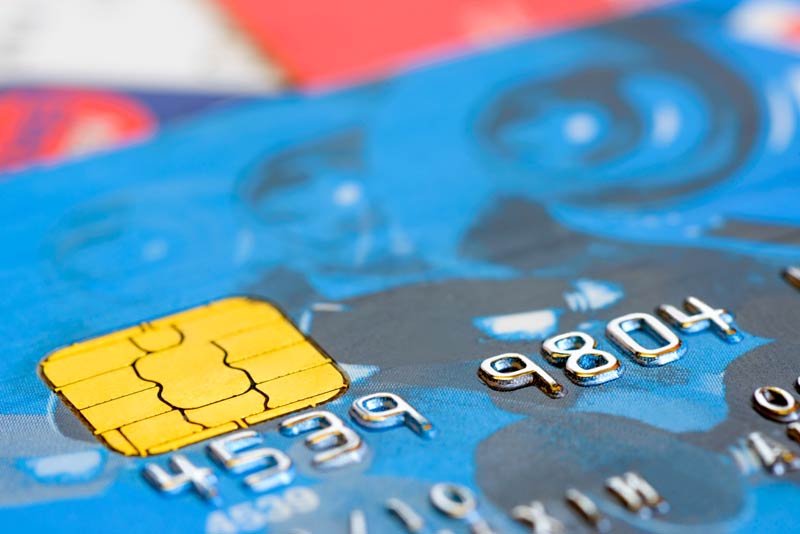Since the coronavirus outbreak began, over 26 million American workers have suddenly found themselves unemployed. Not everyone has enough money saved to last them through these uncertain times. As a result, you may find yourself relying on credit cards to stay afloat. Here are some tips for using your credit card during a financial emergency.
Cover your necessities
When money is tight, the best thing to do is make sure your necessities are covered. Bills of highest priority are your rent or mortgage, utilities, groceries and insurance premiums. Until the pandemic is over, it’s important to keep your home stocked with gallons of water, at least three days of non-perishable food, medication and hygiene products. Get what you need so you can stay home where it’s safe.
Always make your minimum payments on time
Normally, you don’t want to carry a balance from month to month because you’ll rack up interest and be in debt longer. But when you’re in a bind, none of that matters. For now, just focus on making your minimum payments on time. Since 35% of your FICO score is based on payment history, this will help you avoid late fees and keep your account in good standing.
It’s okay to charge a little more than usual
Thirty percent of your FICO score is based on the amount you owe. Using a high percentage of your available credit can send a red flag to lenders that you may be overextended. Under normal circumstances, you want to spend less than 30% of your credit limit. However, if spending a little more will help you keep the lights on or food on the table, go for it. Once you get over the rough patch, you can reduce your spending back to the normal range.
Reach out to your card issuer for financial assistance
Since many businesses have temporarily closed or reduced employee hours, credit card issuers have begun helping consumers who may be struggling. The type of assistance you’ll receive varies, but some issuers have been adjusting due dates, waiving late fees/minimum payment requirements and increasing credit limits. Before your next payment is due, call and see what kind of arrangement you can work out.
Stay away from cash advances
We understand that you need cash and you want it fast, but a cash advance is not the way to go. Often, the interest rate for a cash advance is higher than if you were making a purchase. Worst of all, it begins accumulating immediately. Getting a cash advance also isn’t free. Typically, the fee costs between 2 to 5 percent of the borrowed amount.
File your taxes online in 30 minutes or less. It’s fast and ez.




